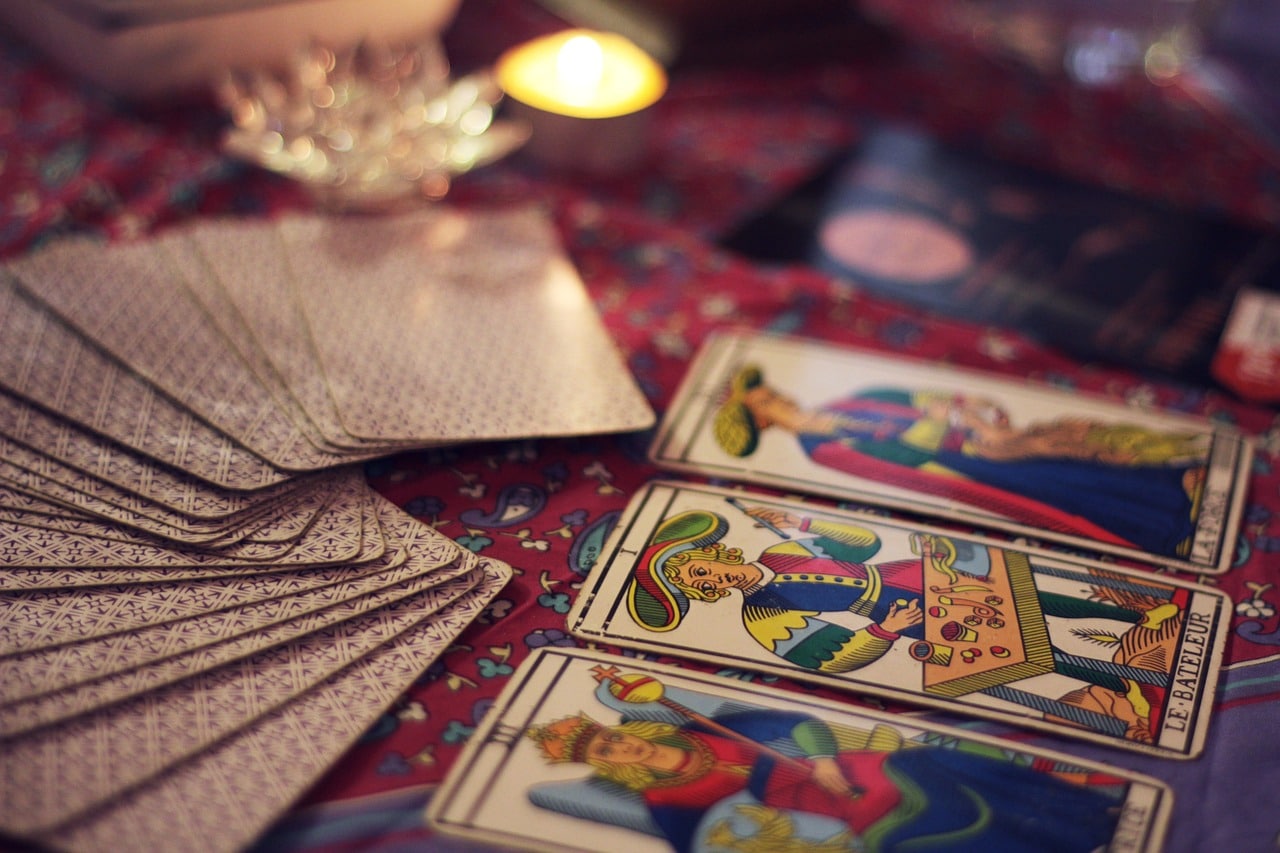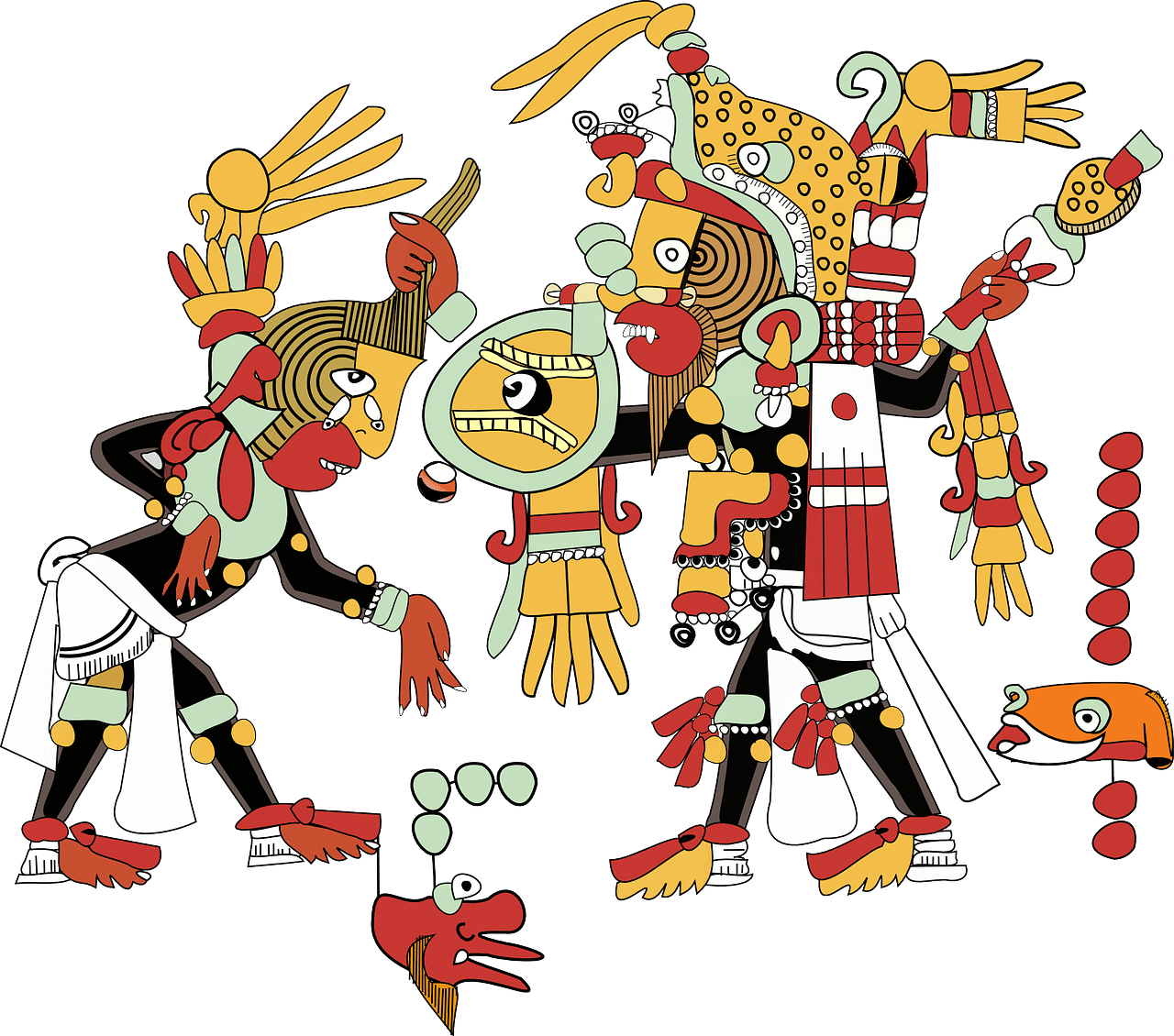
An omen involves divination of future events.
Omen is a term that comes from the Latin praesagium . It is the signal that announces and prevents an event . The concept can be used to name the divination of future things through intuitions or sensations that have been noticed .
For example: "The explosion was a harbinger of what was to come: an unprecedented indiscriminate attack" , "The doctor ignored the omens and continued with her task , not knowing that chaos was about to be unleashed" , "Last night I had a omen: I saw our village flood and the current swept away all our houses .
The omen, a divination of the future
Omens, therefore, are phenomena that are considered valid or suitable for predicting the future . The most important thing is not the omen itself, but the interpretation made of it.
There are several terms linked to omens, such as predictions , omens or predictions . In some cases, the phenomenon that allows us to glimpse the future is intentionally sought while, in others, it appears spontaneously or casually.
Omens can arise from a sudden shuddering or shaking of the body . Heart palpitations for no apparent reason are often considered a bad omen, while ringing or itching in the ears are considered omens that someone is talking about someone else in your absence.
In ancient times, supposed omens were taken very seriously. As time went by, the advance of science and rationalism turned omens into superstitions or part of folklore, without many implications for everyday life.

It is believed that Aztec omens anticipated the Spanish conquest.
The concept in Aztec culture
Also known as dire omens , the Aztec omens are eight strange events that took place in the land of this people and that are considered related to the European conquest, even ten years before the arrival of the Spanish to their continent. These events have been collected from texts written in Nahuatl, some of which contain testimonies from people who experienced the invasion firsthand.
- First : the sky was the scene of a spike of fire from which incandescent drops seemed to be released. It was shown a decade before the conquest and its appearances lasted a year, always fading at dawn.
- Second : the house of Huitzilipoctli, the divine site, also called Tlacatecan ( house of the world ), spontaneously burst into flames. Tongues of fire lashed its structure for no apparent reason. The water seemed to have the opposite effect than expected, since it increased the voracity of the fire. Finally, the fire consumed everything.
- Third : lightning attacked the temple of Xiuhtecuhtli while a light drizzle fell, without thunder or lightning; People described this phenomenon as a simple blow from the Sun.
- Fourth : a strange shower of fire, of sparks, took place in the sky , tracing a path from the West to the East.
- Fifth : the water of a nearby lagoon began to burn, and together with the strong wind it wreaked havoc on the village, destroying the houses, rising with force as if it were an enraged beast and stirring in its path, boiling for no apparent reason.
- Sixth : very often one could hear the voice of a woman who, at night, wandered around shouting and crying, addressing her children, telling them that " they would soon have to go far away" , wondering " where she would take them" .
- Seventh : the appearance of a dead bird in the lake, similar to a crane, with a kind of mirror in its head, which seemed to show the image of men mounted on horses who brought death and misfortune to the village.
- Eighth : the presence of deformed human beings, perceived by the Aztecs as monsters, who once examined by Motechuhzoma in the House of Black, disappeared.
